
What looks obvious to us now once seemed questionable to others. Generations ago, people whose ideas or actions we celebrate today faced skepticism or neglect. Their efforts didn’t match what their world was ready to accept. Over the years, those same efforts became part of the foundation for art, science, and thought. Let’s highlight 20 recognizable names who were misjudged when they were alive.
Socrates
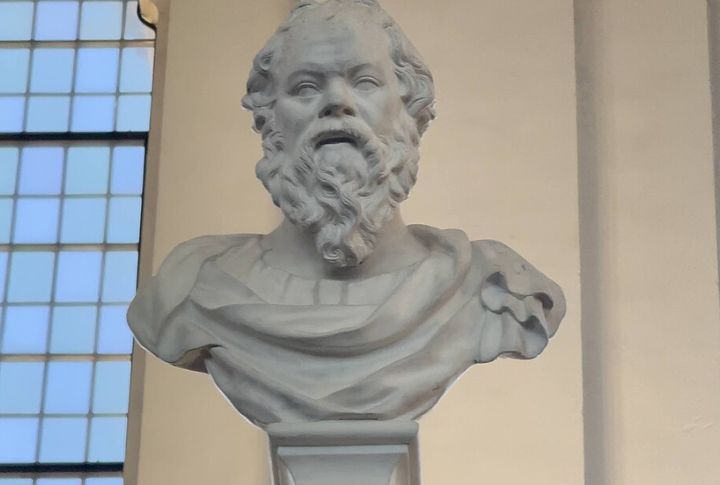
Athens thrived on open debate in the 5th century BCE, yet Socrates managed to disrupt even that environment. He questioned assumptions others considered sacred and argued that knowledge began with recognizing one’s ignorance. The city turned against him, accusing him of corrupting youth, and sentenced him to death.
Galileo Galilei
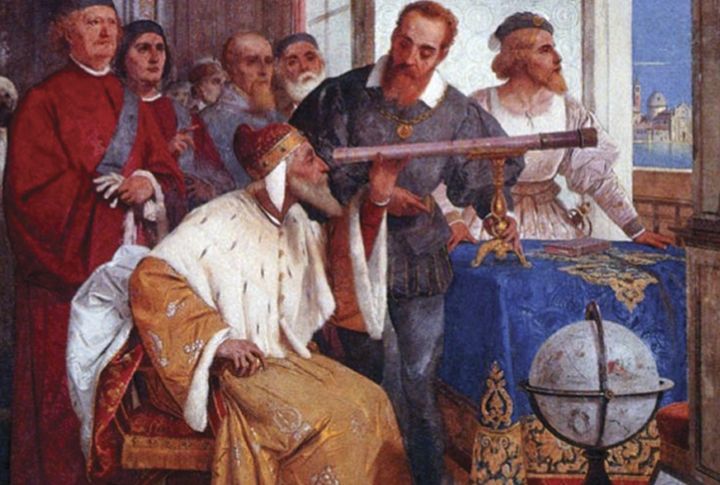
The Church’s belief placed Earth at the center of creation, but Galileo’s observations told another story. His telescope revealed moons circling Jupiter, evidence of a moving cosmos. For defending this truth, he was condemned as a heretic and confined at home.
Joan Of Arc
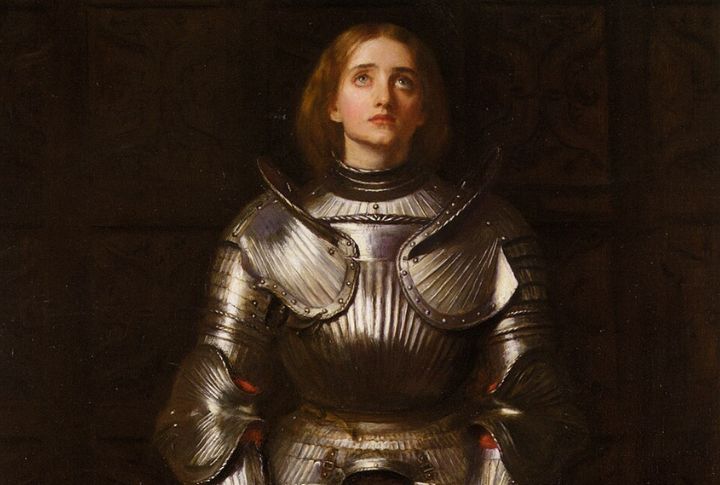
At nineteen, Joan of Arc faced charges of heresy that ended at the stake. Her execution erased neither her victories nor the devotion she inspired among soldiers. She said she experienced divine visions instructing her to support France in battle. Centuries later, the Church reversed its judgment and canonized Joan as a saint.
Vincent Van Gogh
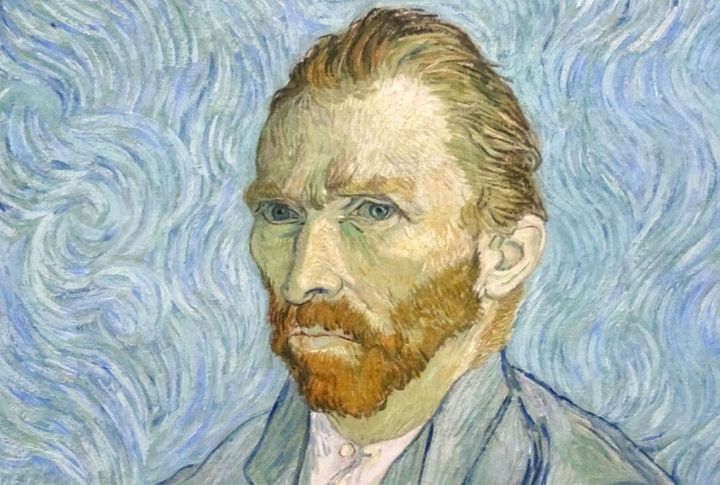
Vincent van Gogh died almost unknown, having sold only one painting officially, though he completed commissions and traded others. In the span of just ten years, he created more than 2,000 works. His life was marked by poverty and isolation, even as he developed the bold colors and brushstrokes that now define modern art.
Galileo Ferraris
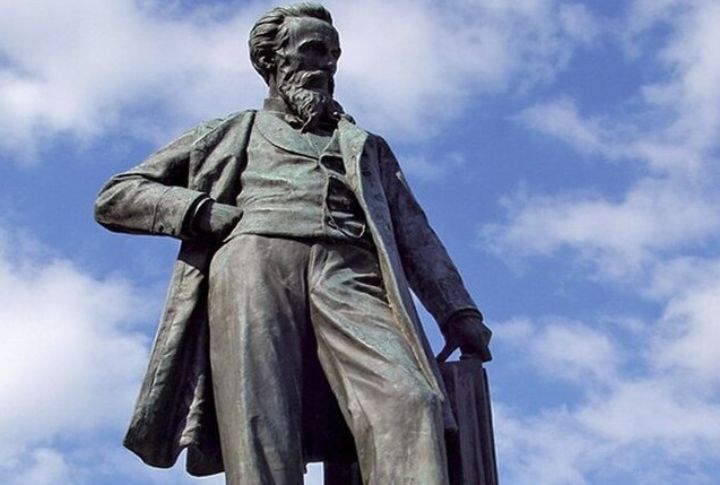
An Italian physicist and engineer, Galileo Ferraris developed ideas on alternating current that were largely overlooked internationally in his era. His innovations in electric motors and energy transmission were overshadowed by others. Though Ferraris died before seeing wide recognition, his work inspired progress in power systems and remains central to electrical history.
Nikola Tesla
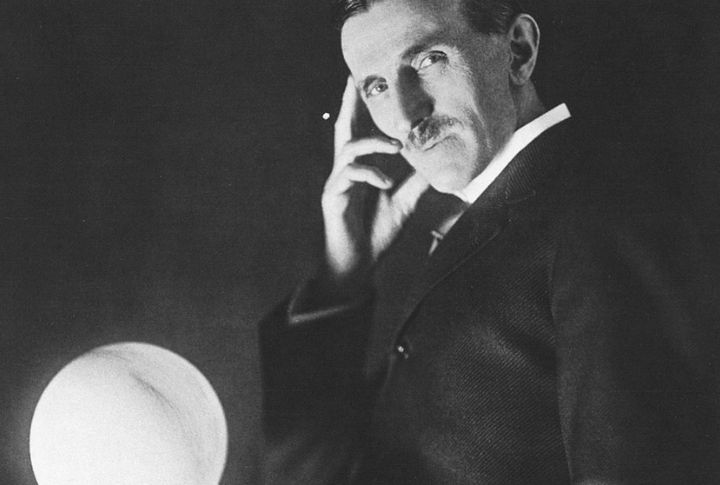
The late 19th century crackled with invention, and Tesla’s mind sparked brighter than most. He envisioned systems of alternating current and dreamed of wireless power, yet his contemporaries often dismissed him as eccentric. His feud with Edison cast a shadow over his reputation.
Gregor Mendel
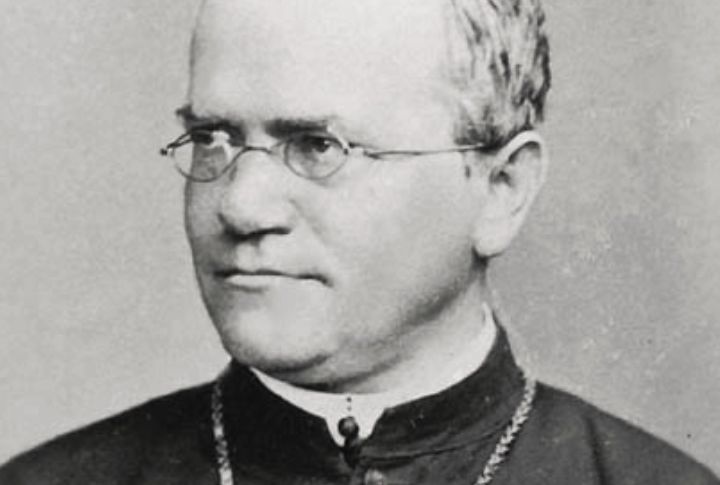
Mendel’s experiments were largely overlooked in his lifetime, leaving his discoveries in relative obscurity. He had mapped the laws of heredity through meticulous pea plant studies, but few cared. When biologists finally recognized the importance of his work decades later, Mendel emerged as the founder of modern genetics.
Emily Bronte
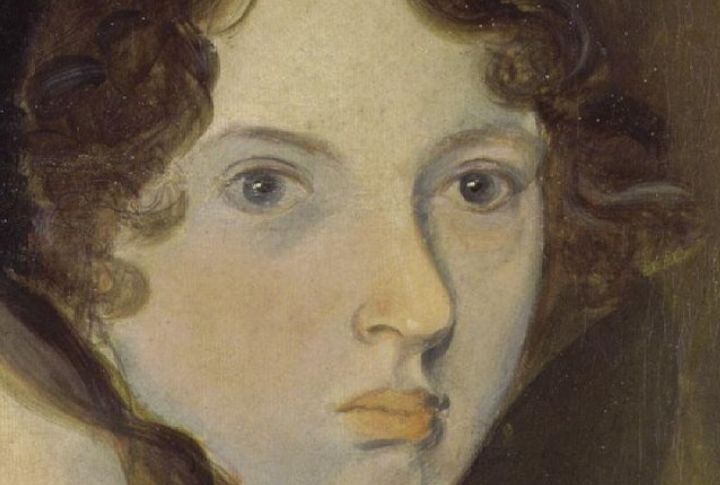
Emily Bronte published “Wuthering Heights” under a pseudonym in 1847. Critics dismissed it as strange, even brutal, and her reputation suffered. She died the following year, never knowing the novel’s impact. Later generations embraced her haunting vision, and today she is revered as one of English literature’s most original voices.
Ignaz Semmelweis
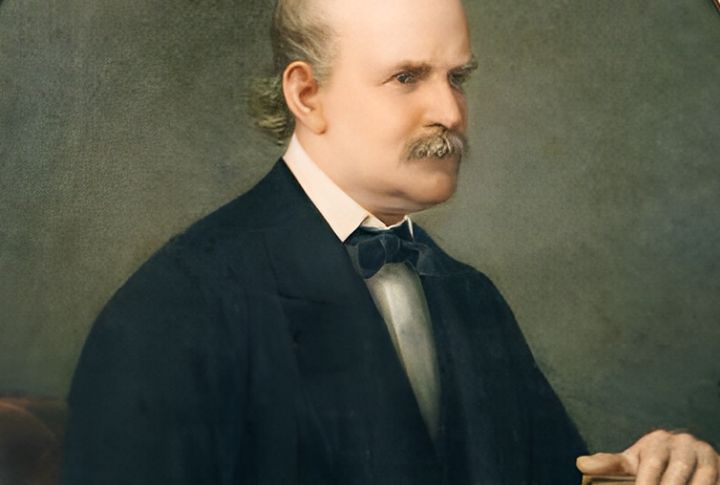
In 19th-century Vienna, Ignaz Semmelweis showed that handwashing drastically reduced deadly infections in maternity wards. His colleagues dismissed the idea as radical and mocked him until his career collapsed. Today, hand hygiene is fundamental medicine, and Semmelweis is remembered as the “savior of mothers.”
Harriet Tubman
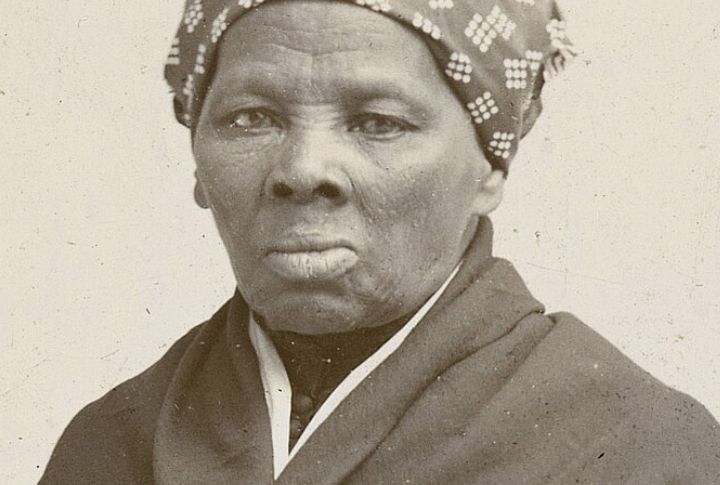
Called “Moses” by those she led, Harriet Tubman led enslaved people to freedom along the Underground Railroad. Pursued but never caught, she risked her life repeatedly. Her fight extended into the Civil War, where she served as a Union spy.
Mary Shelley
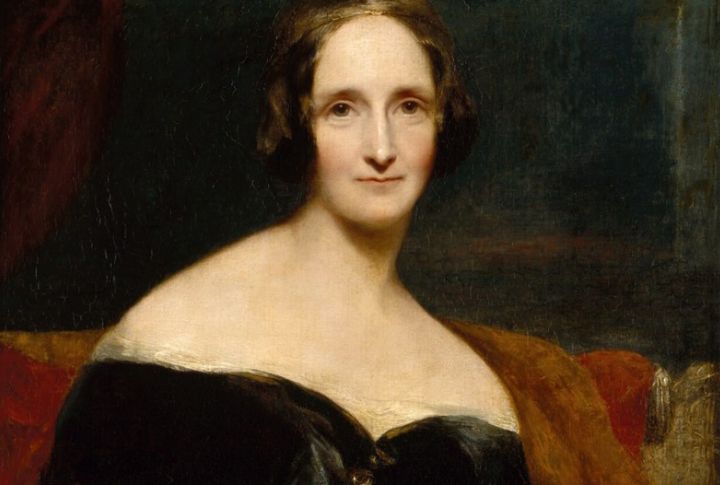
“Frankenstein” is usually called the first science fiction novel, yet it was written when Mary Shelley was eighteen. Critics dismissed her as a young woman unworthy of such authorship. The tale was first imagined during a ghost-story contest. Its bold mix of science and morality was decades ahead of its age.
Edgar Allan Poe
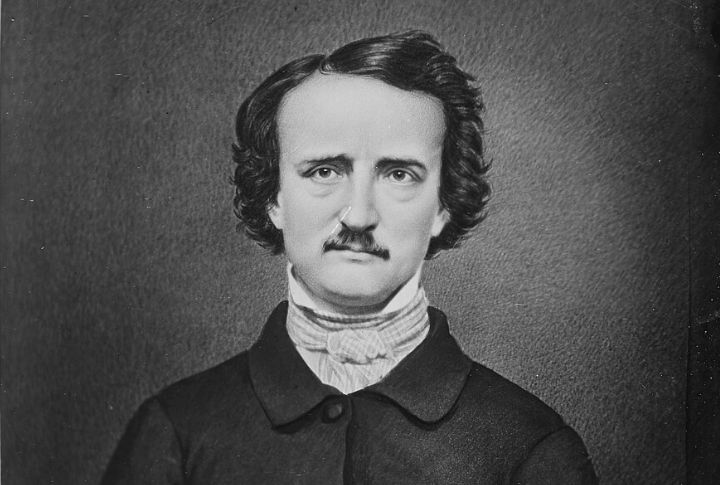
Today, Edgar Allan Poe is celebrated as a master of Gothic literature. In his lifetime, though, his dark and unsettling tales drew more criticism than praise. Struggling with poverty and alcoholism, he lived in hardship. Poe’s mysterious death sealed the legend, and his work finally earned lasting recognition.
Rosa Parks
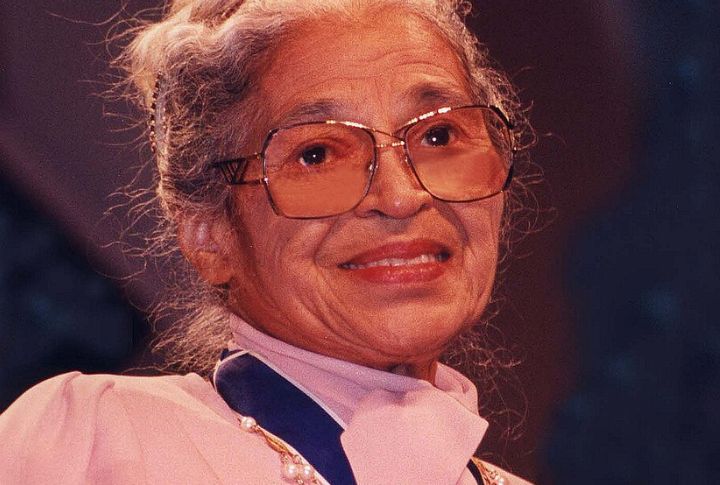
One quiet refusal changed history. Arrested for staying in her seat on a Montgomery bus, Rosa Parks faced hostility before admiration. That single act sparked the bus boycott and fueled a movement. She was later remembered as a powerful voice for dignity and received the Presidential Medal of Freedom.
Franz Kafka
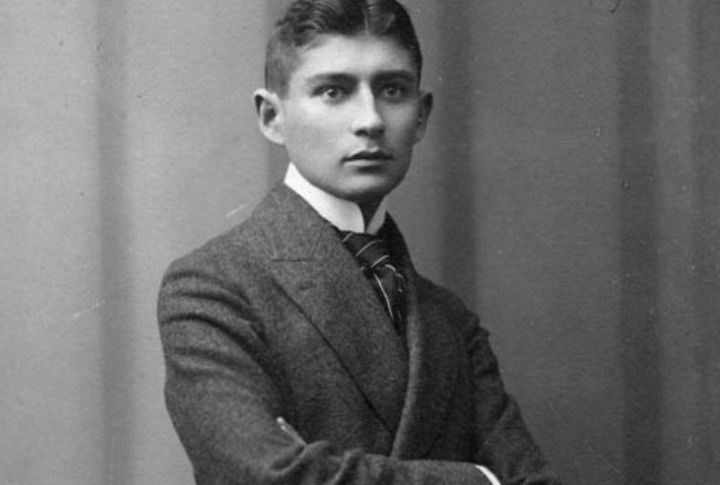
The word “Kafkaesque” now describes the surreal and oppressive, a lasting marker of Franz Kafka’s influence. In life, he felt alienated and overlooked. Before dying, he asked that his unpublished work be burned. Max Brod, Kafka’s friend and literary executor, ignored his request and preserved the manuscripts.
Hypatia Of Alexandria
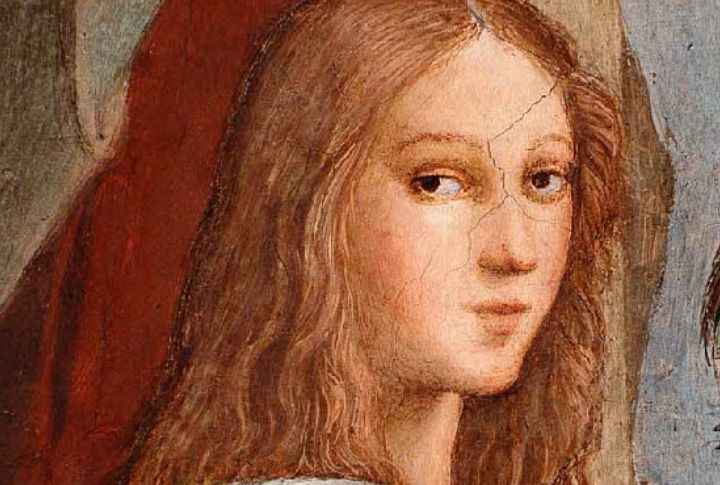
In Alexandria, Hypatia’s brilliance drew both respect and resentment. As a mathematician and philosopher, she occupied a rare space in public intellectual life. Her death cut short a career built on teaching science and reason. Over centuries, her image has become one of intellectual courage against oppression.
Sylvia Plath
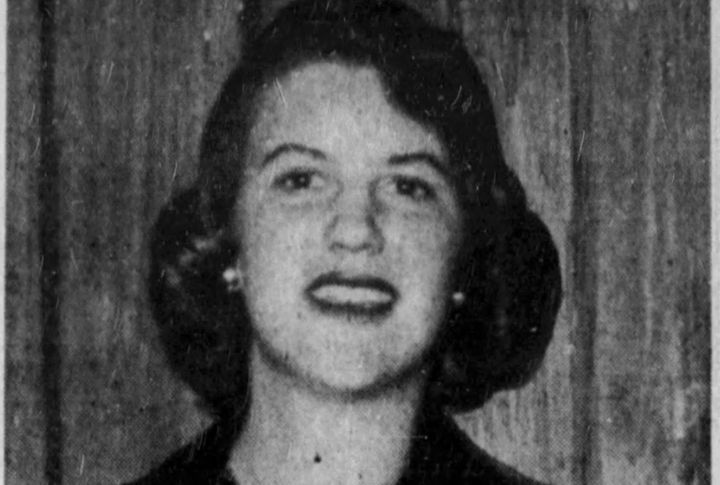
During her life, Plath’s poetry struck some as too raw, too close to pain. After her young and tragic demise, those same qualities became the reason her work endured. Honored with a Pulitzer Prize posthumously, Plath is remembered as one of confessional poetry’s defining figures.
Ludwig Van Beethoven
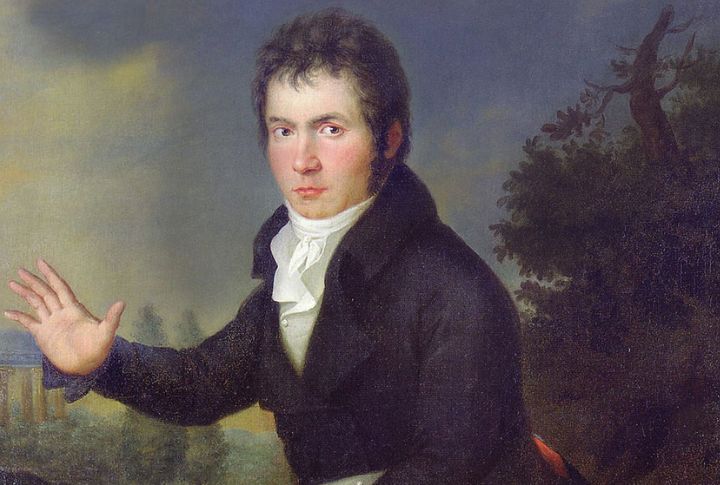
While alive, Beethoven’s daring style seemed chaotic to critics who preferred strict convention. He persevered, writing symphonies of deep emotion even after losing all hearing. The same qualities once ridiculed became revered. In posterity, his music stands as a symbol of artistic struggle and triumph.
Herman Melville
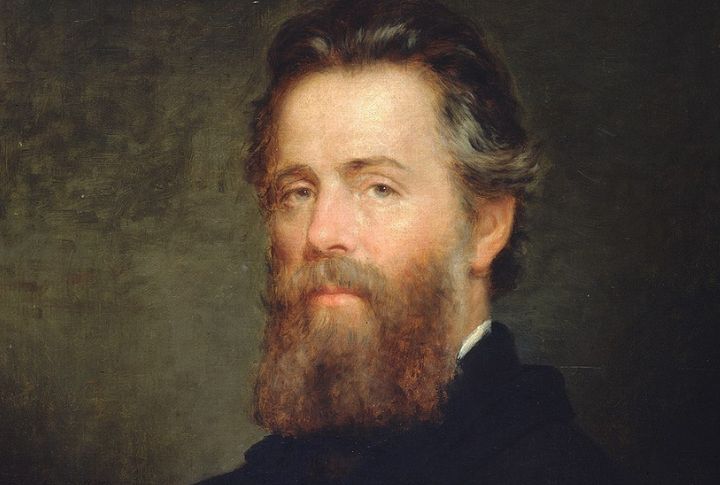
Obscurity was Melville’s fate during his lifetime. His sea-inspired stories sold poorly, and readers disregarded his writing. Yet the very qualities that alienated audiences later drew acclaim. The “Melville Revival” decades after his passing uncovered the depth of his art. That turned him into a cornerstone of American letters.
Martin Luther King Jr.
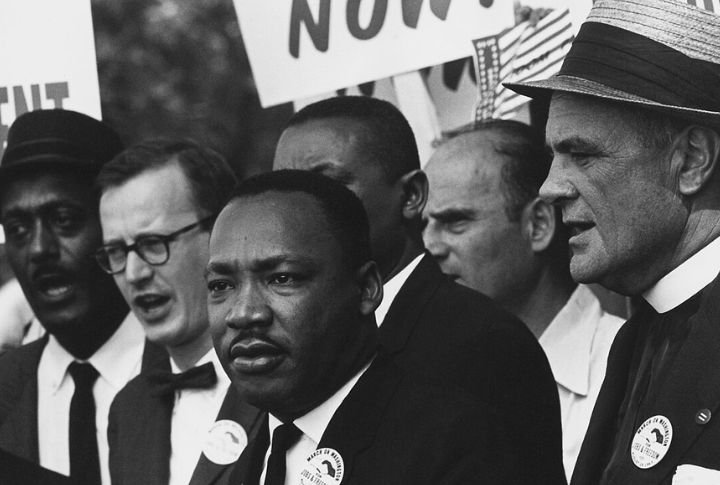
Authorities tracked King relentlessly and subjected him to threats and vilification. His commitment to nonviolence never wavered, and he became the nation’s most powerful voice for equality. The “I Have a Dream” speech inspired millions, and in 1964, the Nobel Peace Prize recognized his unwavering dedication to civil rights and nonviolent activism.
Ada Lovelace
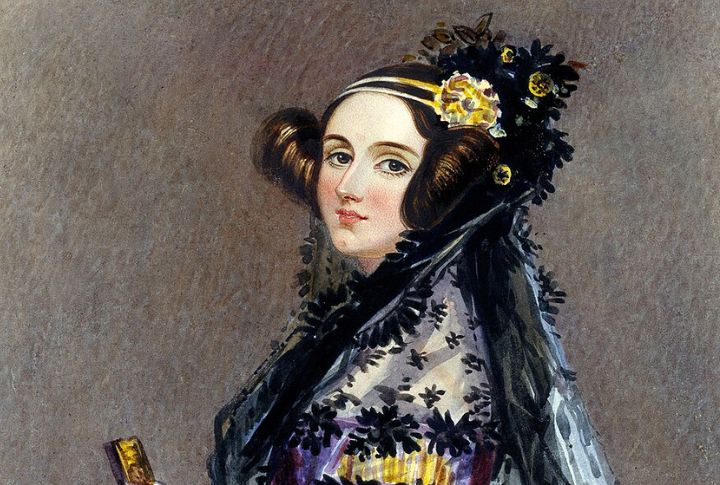
What set Ada Lovelace apart was her vision. She worked on Charles Babbage’s Analytical Engine and recognized its potential beyond arithmetic. Machines, she suggested, could handle symbols. The 19th century ignored her, but history has claimed her as the first computer programmer, a true pioneer.

